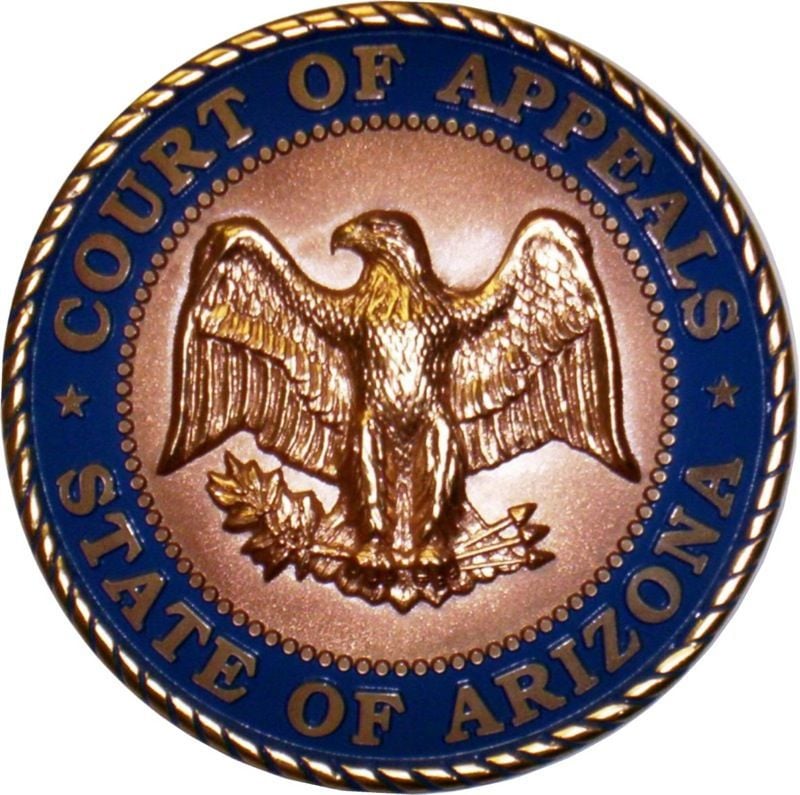PHOENIX — Proof that a statement is “substantially true” is enough to escape being found guilty of libel or slander, the state Court of Appeals has ruled.
In a detailed decision on First Amendment rights, the judges said that someone being sued for defamation “need not prove the literal truth of every detail” of the statement at the heart of the litigation. Instead, they need to show only “that the statements are substantially true” to have the case dismissed.
“Slight inaccuracies will not prevent a statement from being true in substance, as long as the ‘gist’ or ‘sting’ of the publication is justified,” wrote Judge Paul McMurdie for the three-judge appellate panel, relying on earlier court precedent.
What that means, McMurdie said, is that when the underlying facts are not in dispute, it is up to a court to determine if publishing the literal truth “would have made a material difference to a reader” as compared with the substantial truth. And if there is no indication that is the case, the court concluded, the case has to be thrown out.
Potentially more significant, the ruling affirms the authority of judges to toss such cases without defendants having to go through the time — and legal expense — of a full-blown trial.
“We place a higher burden on the plaintiff to show a triable issue because the expense of defending a meritless defamation case could have a chilling effect on free speech,” he wrote.
This case surrounds a dispute going back three years between two firms that collect signatures for candidates and ballot measures.
In 2014 Sign Here Petitions, a limited liability company, was working to place a zoning referendum measure on the Phoenix city ballot. It failed after the city clerk disqualified close to 40 percent of the signatures, at least in part because Sign Here used two convicted felons, who are ineligible to circulate petitions, to gather signatures.
Citizens for Fair Dealing had agreed to pay about $71,000 for the work. But the committee withheld about $17,000 of that because of performance issues.
Andrew Chavez, managing member of Petition Partners, posted a series of comments on his Twitter account about the effort, including statements that the other company was “in hot water for using felons,” and another that said that “a third of the signatures being collected by Sign Here Petitions are suspected of being collected by felons. Bad gets worse on #phx referendum.”
In filing an appeal, Paul Weich, the attorney for Sign Here, argued that Chavez’s statements were “substantially false” and that the trial judge should not have thrown out the lawsuit.
McMurdie said the Arizona Constitution is clear.
“Every person may freely speak, write, and publish on all subjects, being responsible for the abuse of that right,” it reads. More significant, McMurdie said that is broader than the First Amendment of the U.S. Constitution which simply protects individuals against government action.
He said that clearly makes the truth of any contents “a complete defense” against charges of defamation. But McMurdie said it was not necessary for Chavez to prove that everything he posted was precisely true. He said even inaccuracies do not make someone guilty of defamation if they have no real bearing on the issue.
“Sign Here provided no evidence that the inaccurate statements caused it damaged beyond what otherwise resulted from its own inability to deliver the sufficient number of valid signatures,” the judge wrote. Even if the comments that Chavez posted were more precisely accurate, McMurdie said, it would have made no difference.
“Any damage to Sign Here’s reputation arose from its own inability to collect enough valid signatures to place the referendum on the ballot and to fulfill the terms of its contract, for which it was paid a substantial amount of money,” the judge said. “Because it is not disputed that Sign Here contracted to deliver at least 16,987 valid signatures for the payment of approximately $71,000, and because two of the collectors were in fact convicted felons unauthorized to collect signatures, the gist of Chavez’s statements were accurate.”
McMurdie said it’s the same standard that applies elsewhere, including to newspapers.





